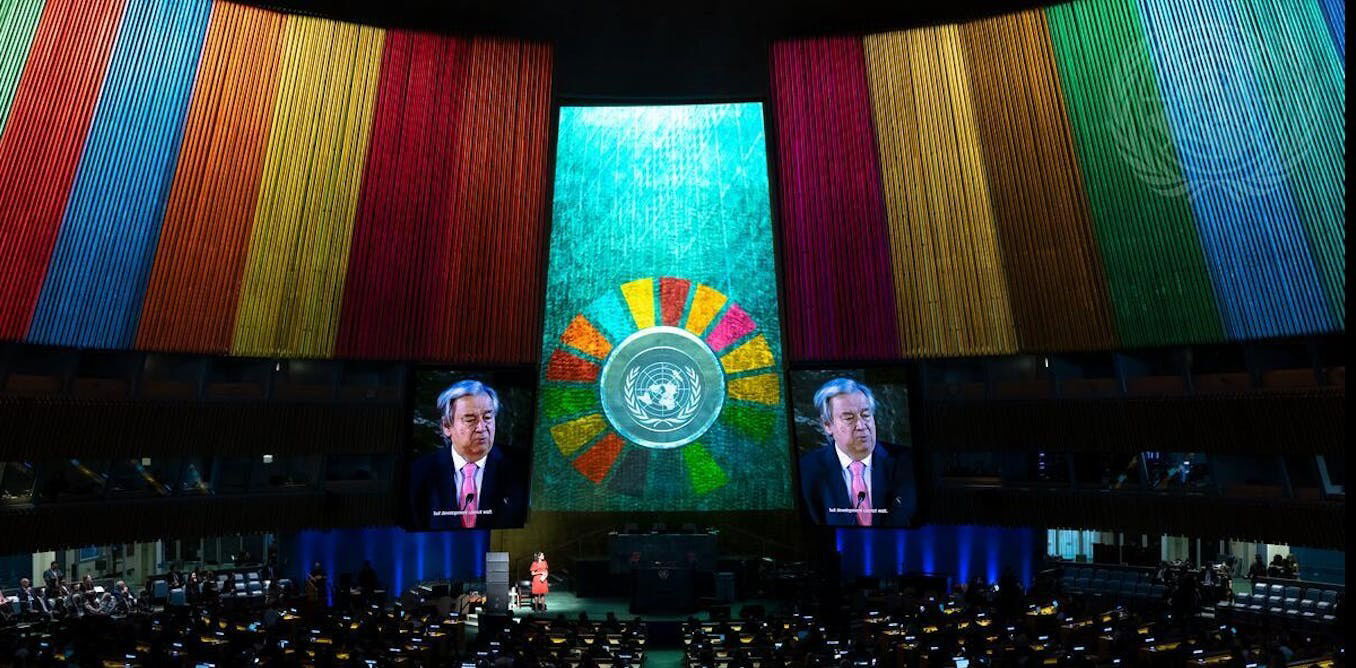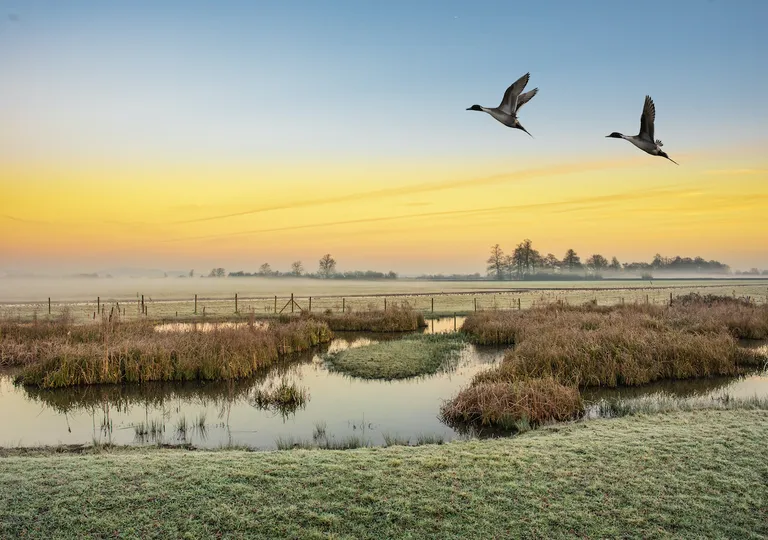
Our Top Stories
Not on track for sustainable development: We’re halfway between when the Sustainable Development Goals (SDGs) were set in 2015 and when they need to be met in 2030. As one of the authors of the UN’s SDGs literature, The Conversation reports that the world is not on track to achieve any of the 17 goals. Failing to achieve the goals would mean by the end of the decade, 600 million people will be living in extreme poverty, more than 80 million children and young people will not be in school, and humanity will overshoot the 1.5°C limit set by the Paris Climate Agreement. To accelerate progress on the goals, they need to become legally binding, and not just painted on to existing strategies. [The Conversation]

Working from home reduces emissions: People who work from home all the time cut emissions by 54% against those in the office, according to a new study outlined in The Guardian. It was found that IT and communications technology had a negligible impact on individuals’ work carbon footprints, and the main causes of remote workers’ reduced emissions were less office energy use and fewer emissions from a daily commute. Individual actions collectively make a huge difference to a workforce’s overall impact on the environment, especially for companies who work solely in the digital space. [The Guardian]
New biodiversity credits: Edie sheds light on the launch of new biodiversity credits from The Environment Bank. The aim is to reshape the landscape of global nature investments. The bank has already set aside $300m of its own funding for the new credits - which are being labelled as the first of their kind. By 2025, the bank plans to restore an area equivalent to the size of Manhattan in England. However, with the recent controversy surrounding carbon credits, it is of the utmost importance for the new scheme to first ensure the credibility and transparency of the biodiversity market before issuing credits freely. [Edie]

Business Spotlight - Tilda
Tilda has become the only UK-based brand in the rice sector - and the largest player in this category globally - to achieve B Corp certification. It has secured the highly coveted status after making several sustainability-related changes to its supply chain, including training 2,700 farmers to adopt techniques that reduce emissions and encourage more biodiversity in their fields. The main reductions have come from shifting methods to alternate wet drying (AWD), whereby farmers stop flooding their paddy fields. The average farm implementing AWD has maintained yield whilst recording a 20% reduction in water use, 20% reduction in energy use and 50% reduction in greenhouse gas emissions.
Research Corner
Naming and shaming: The Paris Climate Agreement has no formal enforcement mechanism. However, it is designed to be transparent so countries that fail to meet their obligations will be named and shamed into changing behaviour. Astrid Dannenberg and her team have shown that this naming-and-shaming mechanism can be an effective incentive for many countries to uphold their pledges to reduce emissions. Understandably, the mechanism has had greater success across Europe, where countries already have the most ambitious and credible climate pledges. It is least effective for countries that lack strong democratic institutions, such as some large emitters like China. So although it is a powerful tool to encourage action, it is by no means the solution to enforce global collaboration to tackle the climate crisis. [PNAS]
Stat Attack
“The length of motorways in Europe grew 60% between 1995 and 2020 while railways shrank 6.5%. For every €1 governments spent building railways, they spent €1.6 building roads.”
Source: Wuppertal Institut
The Big Picture

About Reewild
The food and agriculture industry is at the heart of the climate crisis, generating around a third of man-made greenhouse emissions. And while the challenge of reducing its impact may seem beyond our grasp, it is one that we all have the power to tackle.
We believe that the solution lies in climate transparency. That’s why we’re equipping businesses with the means to evaluate and communicate the emissions of their products. This, in turn, means consumers are armed with credible, independent information, which can be used to make more sustainable choices.
We know that many people want to take climate action but lack the necessary tools and information to do so. We're confident that, armed with the right knowledge, everyone can and will do their bit to build a greener, more sustainable food system.
Download the Reewild app
Follow us on social media
https://www.instagram.com/reewild.earth/
https://www.linkedin.com/company/reewild/

.png)


